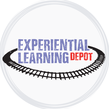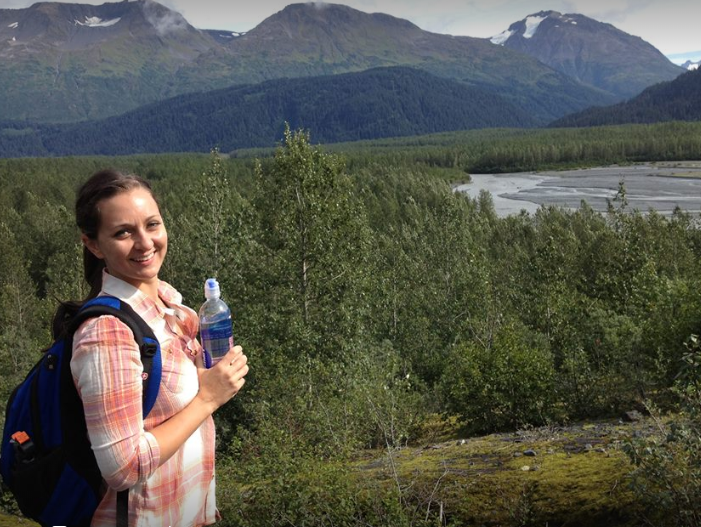|
Experiential learning resources for the innovative educator
How I Came to Be An Experiential Educator
I almost dropped out of teaching school. It’s hard for me to admit that now.
I debated whether I could have a full-time career doing something that wasn't sitting right with me. My own experience was telling me that learning comes from direct involvement, but I wasn't observing that in practice.
I got my undergraduate degree in biology and proceeded to work with environmental protection programs for half a decade. I was dedicated to the world of science and nature. Teaching was not remotely on my mind at the time.
Working in the field was amazing for so many reasons. I met wonderful people, saw places I wouldn't otherwise have seen, and gained real and authentic experience in environmental science. I learned more about science in three months in the field, immersed in the content, than I did over the course of my lifetime. I knew there was something special and powerful about learning in that way - from experience - but didn’t feel the need to articulate that at the time. It was just a feeling that I sat with.
In time I became exhausted working in the field. I was hurt all the time, I was broke, and my personal life was a revolving door. I needed a change. That is when that little seed, learning from experience, resurfaced. I decided to go into teaching.
I went back to my hometown in Minnesota and started the 9-12 life science teacher licensure program at the University of Minnesota. The program itself was great, but my high school student-teaching experience made me question everything. I was torn. I was trained to practice inquiry-based learning strategies but was doing the opposite as a student teacher. I was told to plow through the material with my students, and the most efficient way to do that was with lectures and worksheets. I knew I couldn't operate that way for the rest of my career. My experience working in the field was always at the forefront of my mind when trying to work out my educational philosophy. I felt that having experiences that were personally meaningful, making mistakes around those experiences, reflecting on them, and trying again were critical phases of learning. I decided I needed to check into some things. What other options did I have? As it turned out, experiential learning was just what I was looking for, and not only were there many experiential education schools and programs in existence, but some teachers in traditional classrooms were trying experiential learning as well. Those educators that went above and beyond, that were creative and reflective, and that tried new educational approaches that were supported by research despite restrictions and obstacles, turned out to be my inspiration and were my mentors over the course of the next decade. I started teaching at an experiential learning high school and stayed there for ten years. In those ten years, I watched students learn how to learn, develop a passion for learning, and build the skills to manage their own projects in school and life. That is the beauty of experiential learning.
I started Experiential Learning Depot a few years with the desire to share my experiences and support other educators looking to take a similar journey.
I am now, four years later, working directly with educators to help guide them through the transformation from traditional to experiential learning in their schools or classrooms. I do this because I believe in experiential learning to my core, and I believe in it because I have seen what it can do. Follow Experiential Learning Depot on Pinterest, Instagram. You can also Head to Experiential Learning Depot on TPT for experiential learning professional development and awesome experiential learning activities for high school learners. Follow here for new resource alerts. Observe. Question. Explore. Share.
0 Comments
Your comment will be posted after it is approved.
Leave a Reply. |
Blog IntentTo provide innovative educational resources for educators, parents, and students, that go beyond lecture and worksheets. AuthorSara Segar, experiential life-science educator and advisor, curriculum writer, and mother of two. Categories
All
|











 RSS Feed
RSS Feed